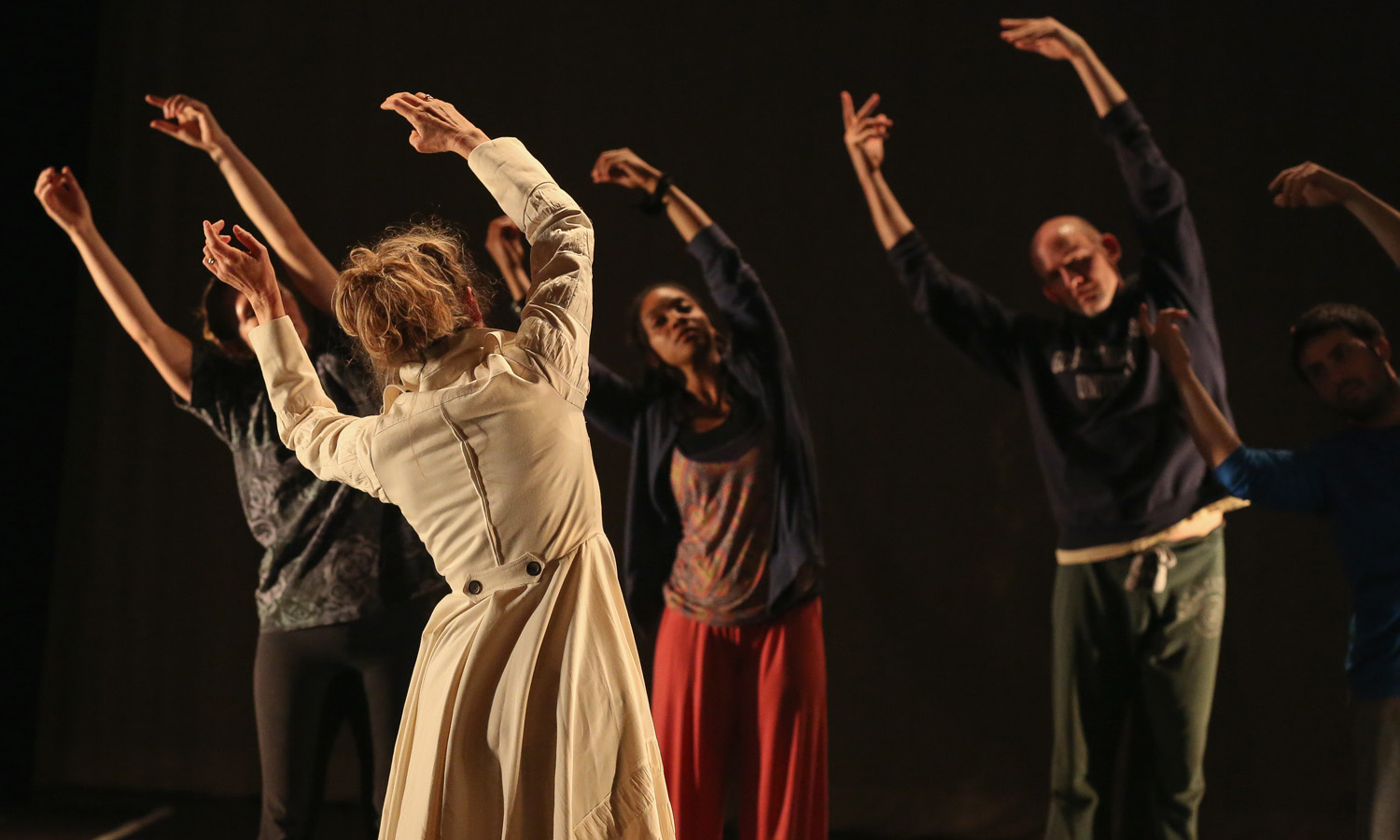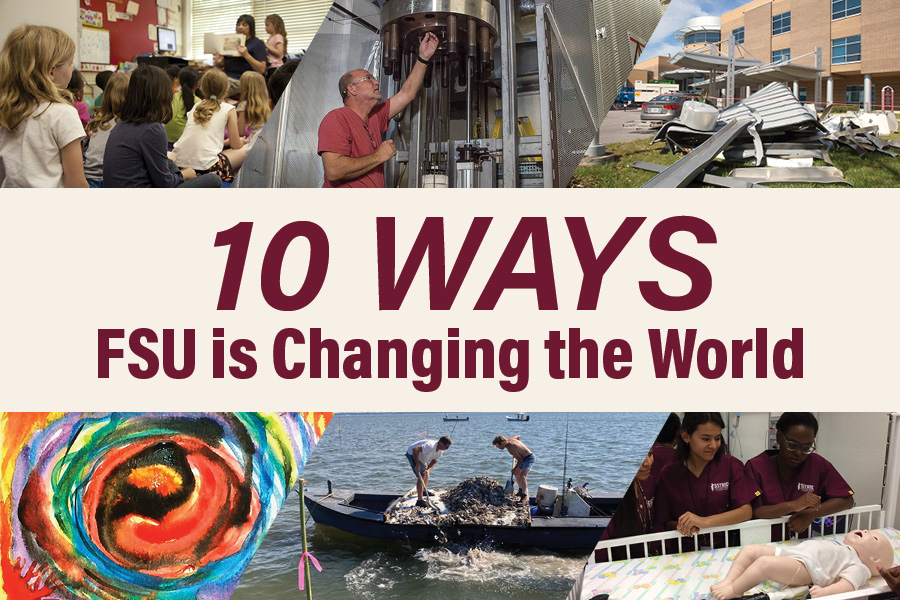
Florida State University researchers are driving innovation and creating new forms of art while using their knowledge to contribute to Florida and beyond.
Take a look at a few ways in which FSU faculty members are changing the world around us.
Salvaging Critical Floridian Ecosystems
Apalachicola Bay once yielded 90% of oysters harvested in Florida but has experienced an extreme decline following an increase in pollution, unsustainable harvesting and natural disasters. Florida State University’s Coastal and Marine Laboratory has developed a recovery plan that will increase the oyster population and improve the health of the bay. This project, funded by settlement money from the 2010 Deepwater Horizon oil spill, will benefit the region’s ecosystem as well as its commercial fishing industry, a critical part of the local economy.
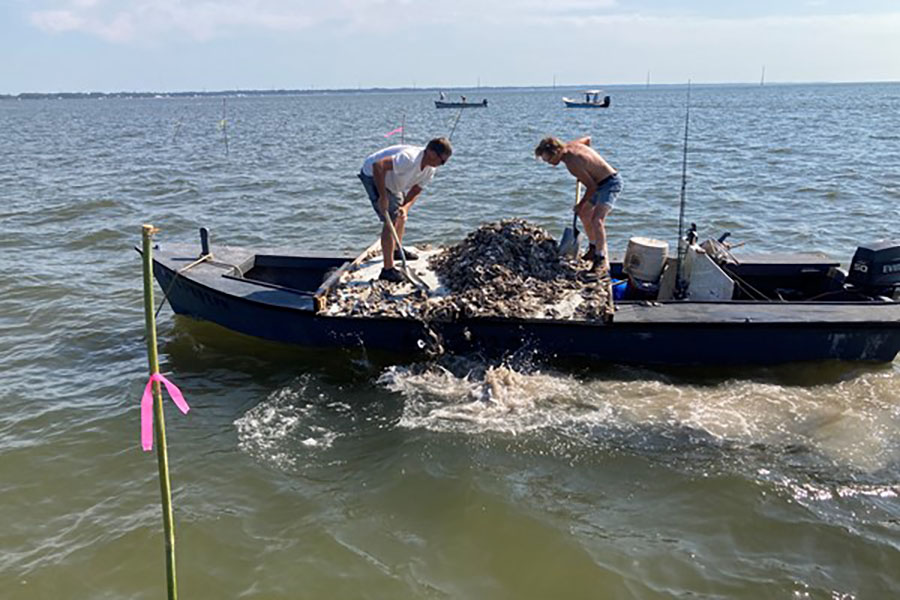
Cultivating Pathways for Underrepresented Students in the Medical Profession
Since 1994, FSU has been working to develop a more diverse physician workforce that can better serve local communities through the Science Students Together Reaching Instructional Diversity and Excellence (SSTRIDE) program. FSU faculty implemented the program to help students who excel in STEM areas — but are underrepresented in health care fields — become competitive applicants to medical schools or to succeed in health-related careers.
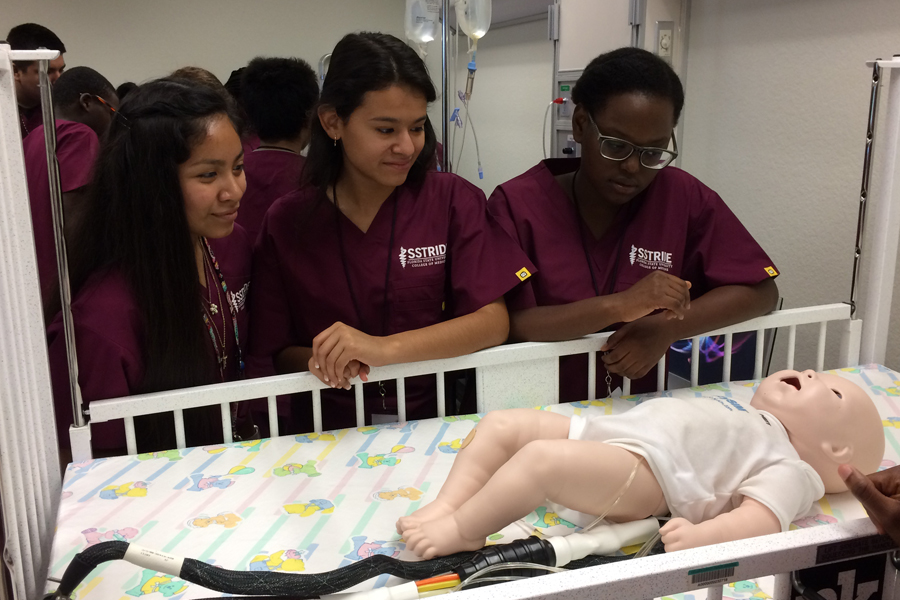
Transforming How We Prepare for Natural Disasters
The Resilient Infrastructure and Disaster Response Center, part of the FAMU-FSU College of Engineering, promotes all-inclusive and equitable disaster resilience for vulnerable populations. RIDER does this via technology, data and multidisciplinary research with a deep understanding of how the unique conditions of each community’s physical and social dynamics, available infrastructure and land use affect resilience. RIDER’s solutions empower underserved communities with new tools, training and enhanced partnerships among public, private, non-profit and academic stakeholders. Improved disaster resilience will protect our vulnerable populations, save billions and safeguard our society. RIDER is leading that work.
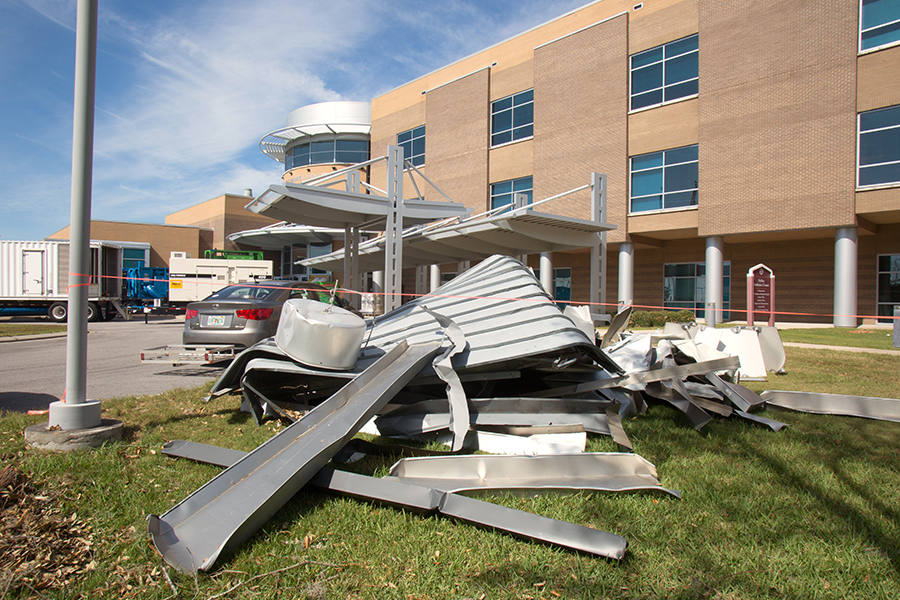
Making Sure Every Child Can Read
The Florida Center for Reading Research wants every child to read at grade-level by second grade. The interdisciplinary research center puts unique emphasis on reading and reading-related skills throughout the human lifespan. It uses science to improve reading assessments for classrooms, expand our knowledge about learning disabilities such as dyslexia and help educators connect with students.
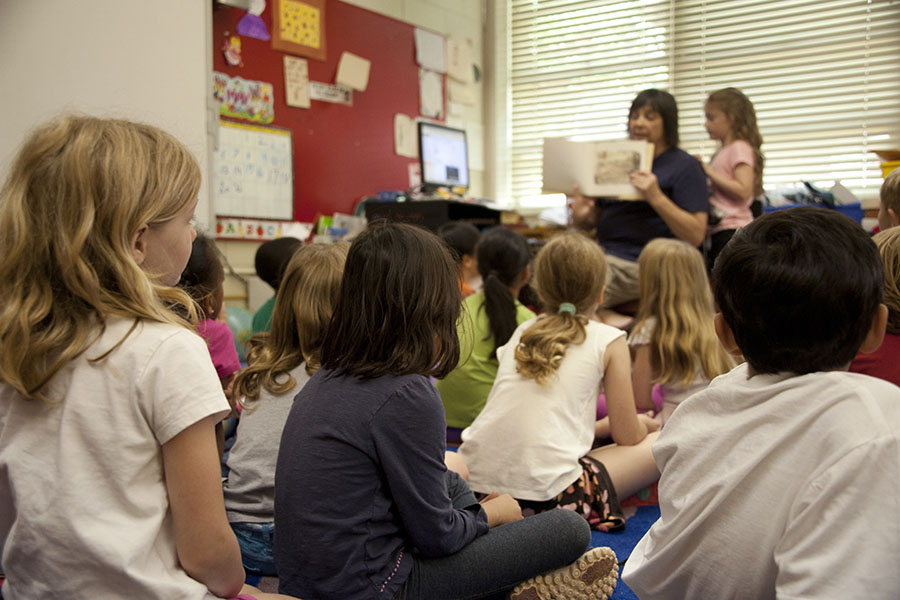
Bettering Diversity in STEM Fields
The Florida First Brigade marks a step toward solving the problem of underrepresented students within STEM programs: The program maintains a special focus on diversity in the areas of chronic disease prevention and management and mental health, which will create a more cohesive research community and guarantee a wider range of perspectives for determining research priorities in these areas. The National Institutes of Health awarded the team more than $14 million for its work and to help it continue to build a diverse and positive medical community.
Revamping Art Therapy in Prisons to Improve Effectiveness
FSU’s Art Therapy Program is harnessing the power of art therapy in prisons to provide emotional outlets for inmates. Partnering with the Florida Department of Corrections to improve the previous outdated program, FSU’s art therapy program allows inmates to express themselves and remain positive, especially during the COVID-19 pandemic, when face-to-face interactions with family and loved ones became restricted. The new program has demonstrated such success that when the contract for the program was renewed, it doubled the size of the existing program, adding therapists and including more prisons.
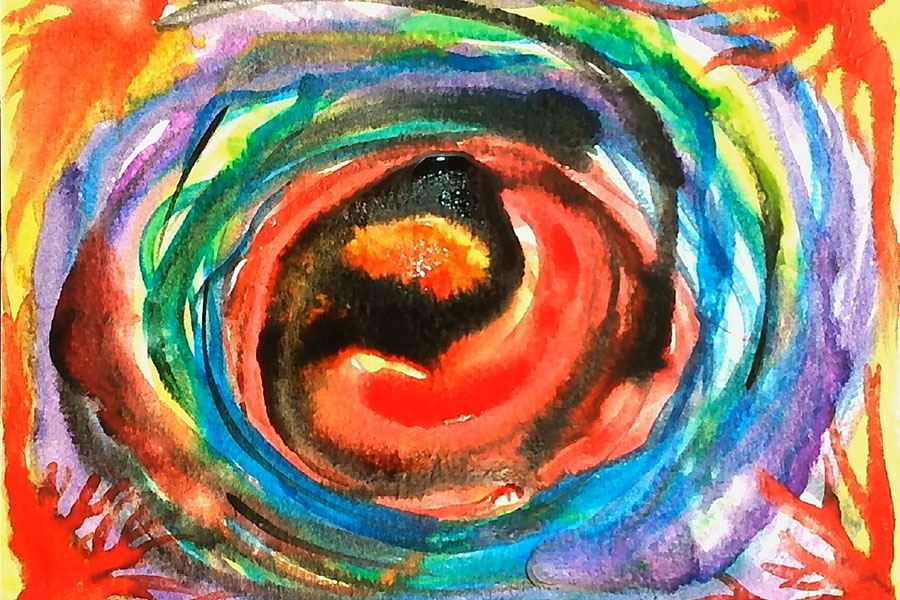
Testing the Limits of Natural Disaster Simulations
Allison Wing, an assistant professor in FSU’s Department of Earth, Ocean and Atmospheric Science, uses data on tropical storms, clouds and other climate variables to better predict future storms. Using high-powered computer simulations, Wing is building models that will give forecasters better information on future storms. Last fall, Wing was named to Popular Science’s Brilliant 10 list, which recognizes early career researchers conducting groundbreaking research in their fields.
Pushing the Frontiers of Physical Sciences
The National High Magnetic Field Laboratory, or MagLab, provides researchers with an environment unlike any other to study multiple subject areas, including chemistry and physics, primarily revolving around the study of materials, life and energy. This one-of-a-kind laboratory attracts hundreds of scientists from across the globe, and its super-powerful magnets are used to study a variety of areas such as diseases, magnetic fields and complex chemical analyses. The MagLab has broken more than 15 world records, and in 2018, it was awarded $184 million by the National Science Foundation to help fund the continuation of research there.
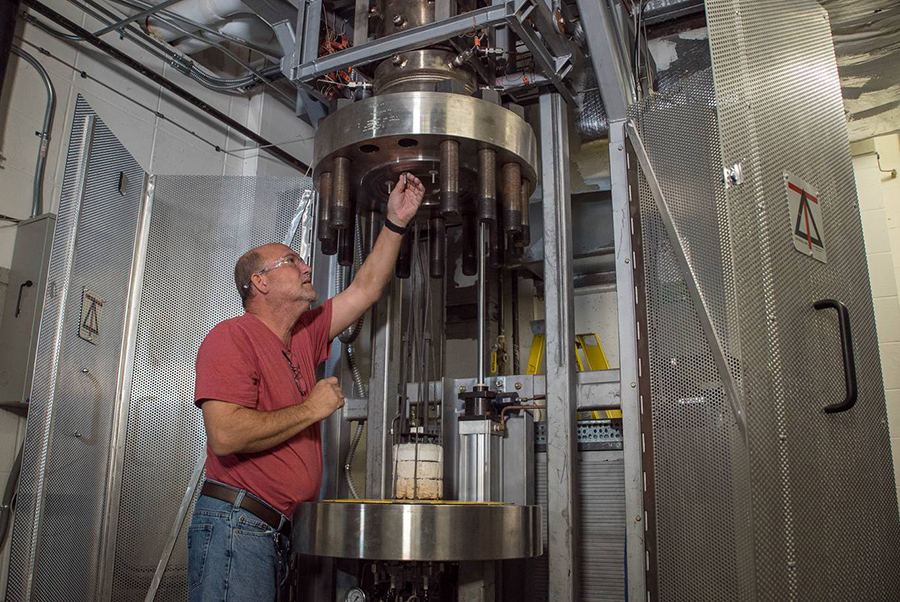
Enhancing Education all over the World
Faculty members from FSU’s Learning Systems Institute have worked worldwide, including in Zambia, Uzbekistan, Lebanon and Nigeria, to deliver state-of-the-art teaching and learning methods while also clearing the path for implementation. Since its establishment, the Learning Systems Institute has worked with organizations including USAID, the U.S. Department of Education, UNICEF and educational centers abroad to improve educational opportunities for hundreds of thousands of children worldwide.
Pushing the Limits of Artistic Expression at a National Choreography Center
The Maggie Allesee National Center for Choreography (MANCC) is the world’s only national choreography center at a major research institution. In addition to supporting burgeoning artists, the center has created 60 short films and podcasts that document the creative experience at MANCC, giving fellow artists a toolkit to use in promoting and researching their creative endeavors.
